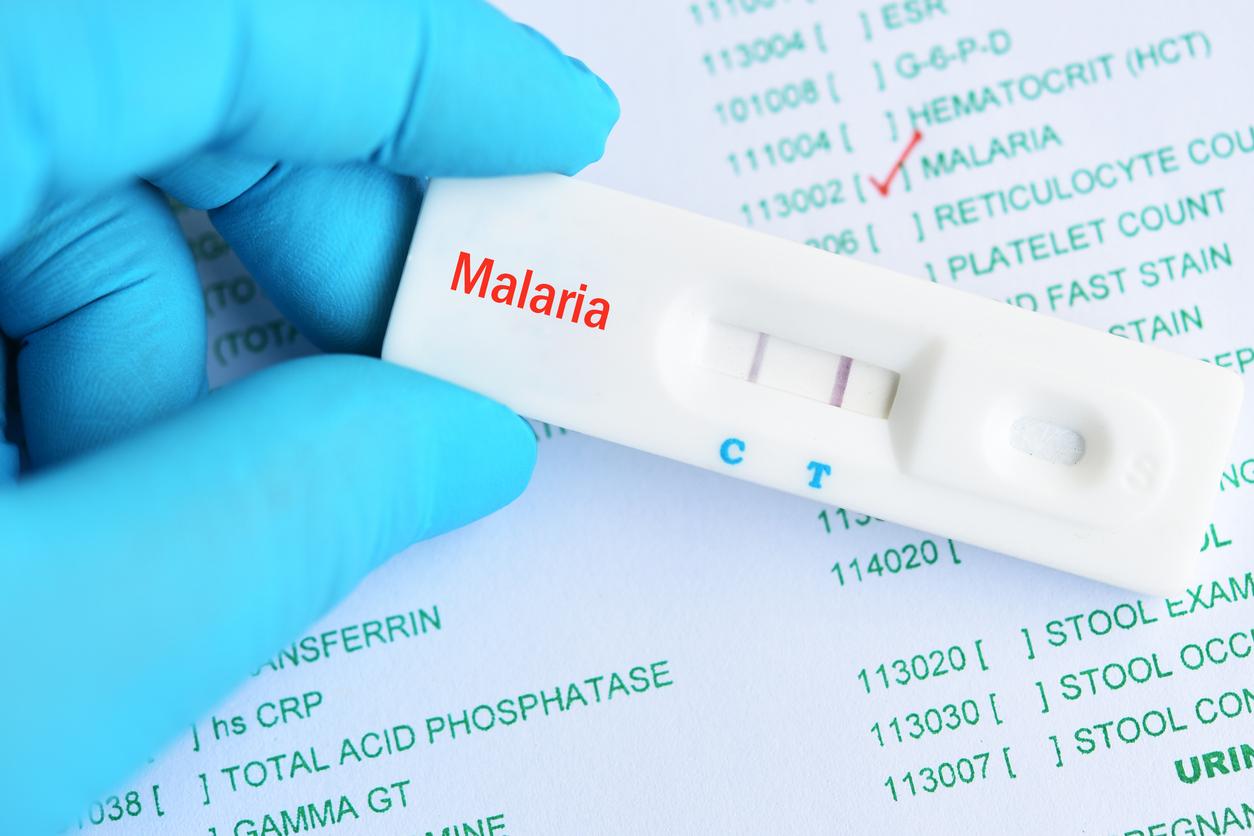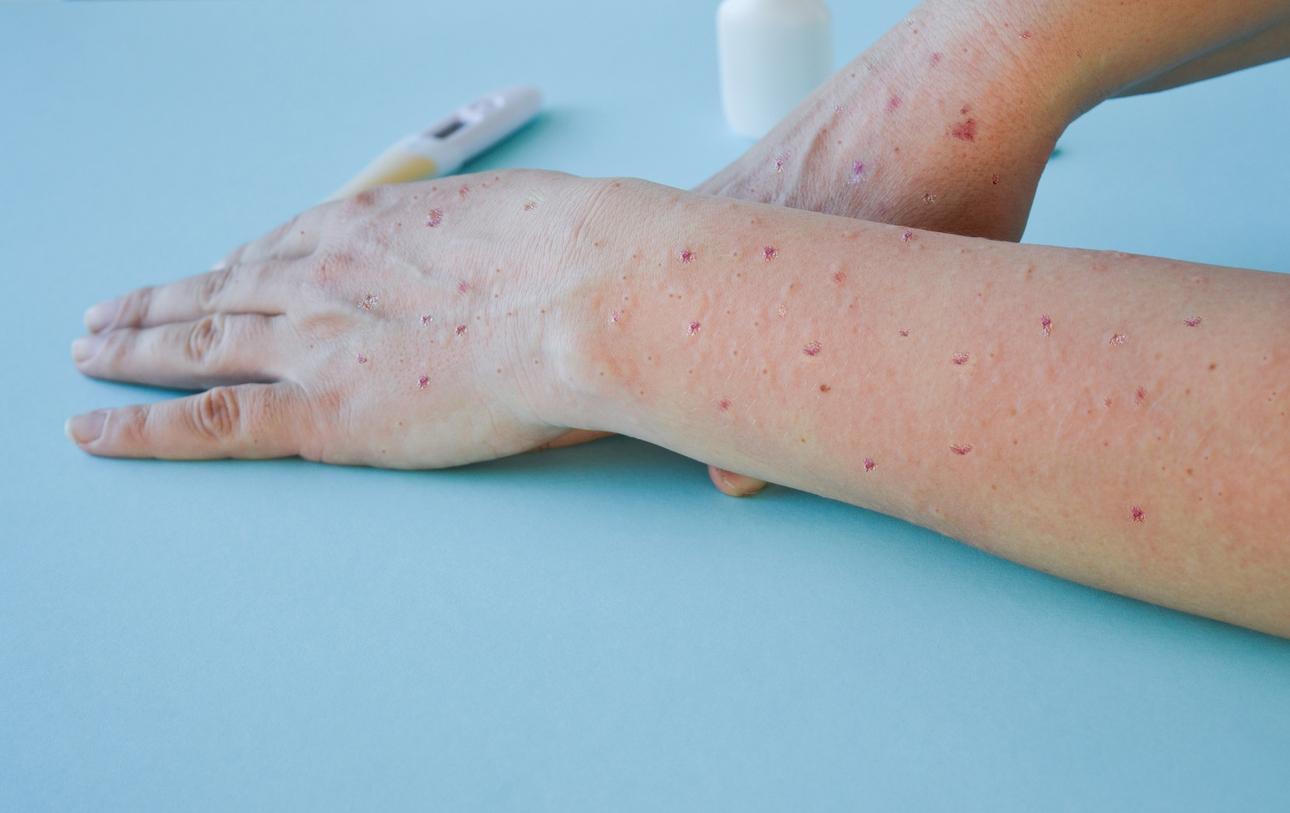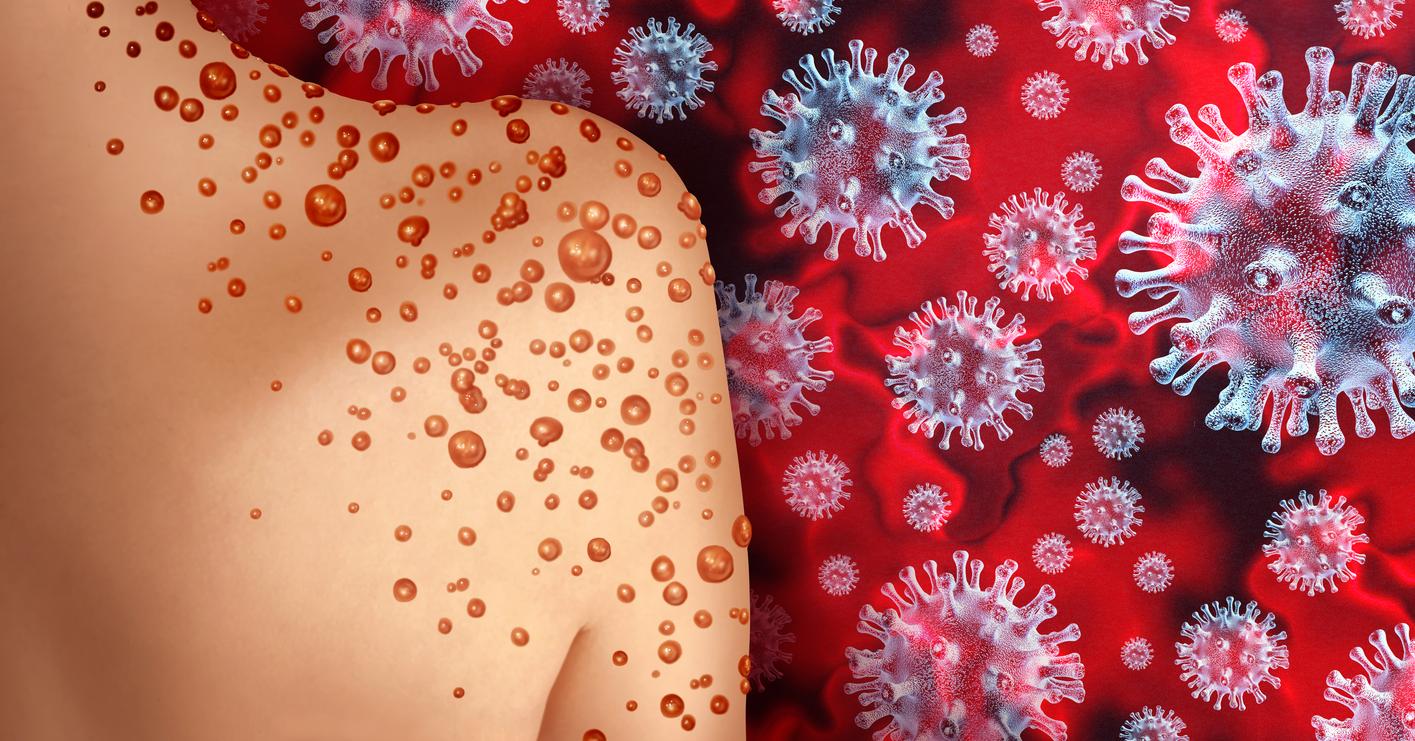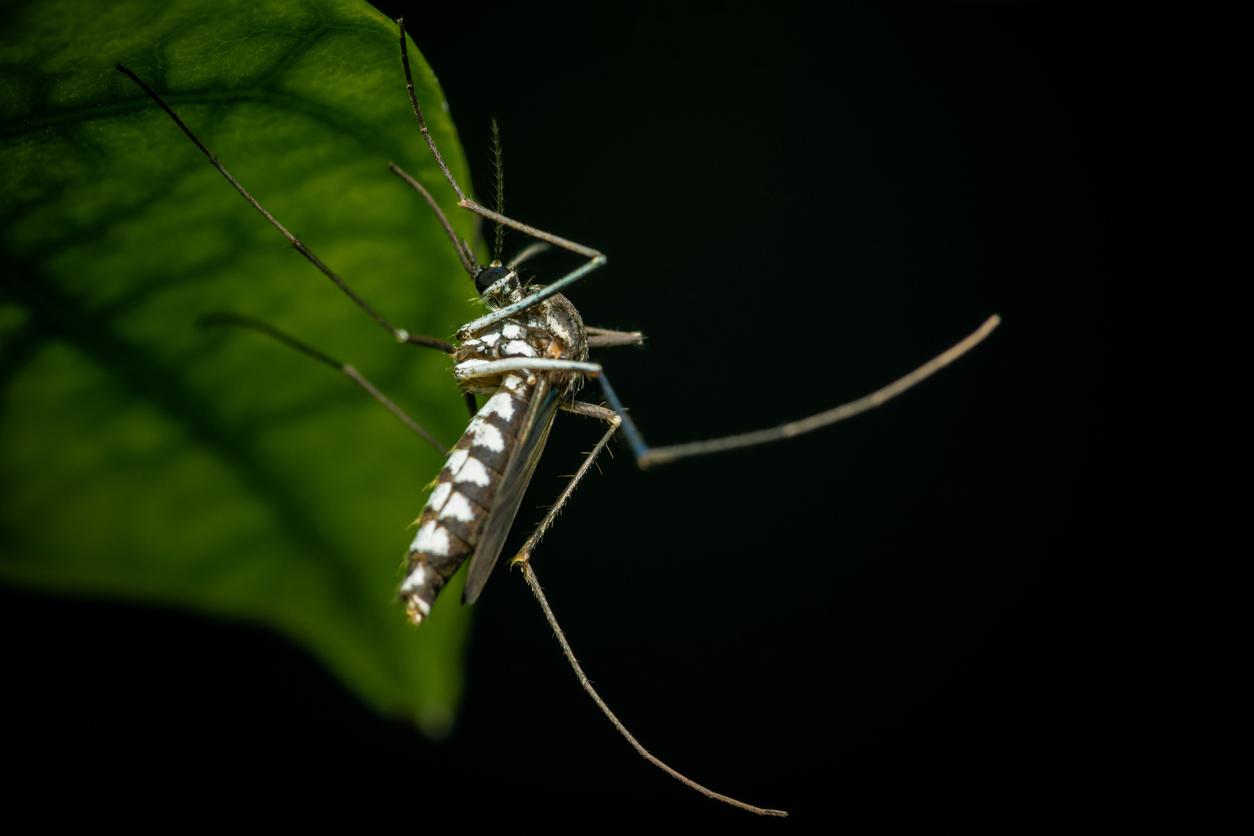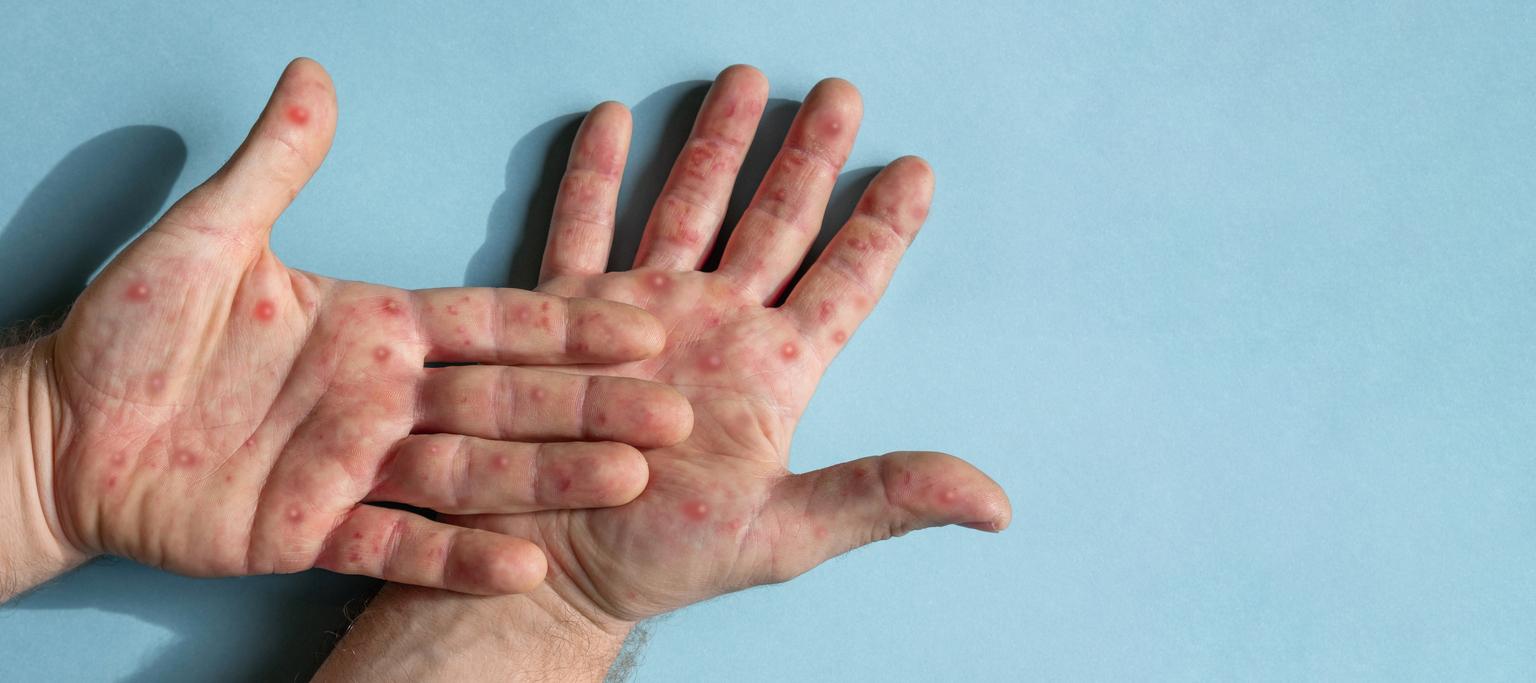The World Health Organization (WHO) announced on October 20, 2024 that malaria had been eradicated from Egypt.

- The World Health Organization (WHO) has certified Egypt as malaria-free.
- The disease had been present in the country since ancient times.
- Globally, a total of 44 countries and 1 territory have achieved Malaria-Free certification.
“Malaria is as old as Egyptian civilization itself, but the disease that tormented the pharaohs now belongs to its history, not its future.” With these words, Dr. Tedros Adhanom Ghebreyesus, Director-General of the WHO, announced the eradication of the mosquito-borne disease from Egypt.
Malaria eradication: Egypt is the 3rd country in the region to achieve it
In a press release published on October 20, 2024the CEO of the institution adds that “This certification of Egypt as malaria-free is truly historic and demonstrates the commitment of the Egyptian people and government to ridding ourselves of this ancient scourge”.
Egypt is on 3e countries in the “Eastern Mediterranean” region to obtain malaria-free certification. The first were the United Arab Emirates and Morocco. Globally, 44 countries and 1 territory have reached this milestone.
“Receiving the malaria elimination certificate today is not the end of the journey, but the beginning of a new phase. We must now work tirelessly and vigilantly to sustain our success by maintaining the highest standards in surveillance, diagnosis and treatment, integrated vector management and maintaining our effective and rapid response to imported cases Our continued multi-sectoral efforts will be key to preserving Egypt’s malaria-free status.explained for his part His Excellency Dr. Khaled Abdel Ghaffar, Deputy Prime Minister of Egypt.

Malaria-free: certification obtained after 3 years without chain of transmission
To obtain certification “malaria-free” by the WHO, the country must prove “beyond a reasonable doubt”that the chain of transmission of indigenous malaria by Anopheles mosquitoes has been interrupted nationally for at least the last three years. Local authorities must also demonstrate their ability to prevent the return of the circulation of the virus.
Egypt’s first attempts to contain the virus date back to the 1920s, when the country banned the cultivation of rice and agricultural crops near homes. Subsequently, malaria became a “notifiable disease” in 1930. Different care devices have been deployed over the years and medical progress. Today, diagnosis and treatment of the disease are provided free of charge to the entire Egyptian population.
In mainland France, cases of malaria are almost exclusively patients contaminated during stays in countries where malaria is actively circulating.











